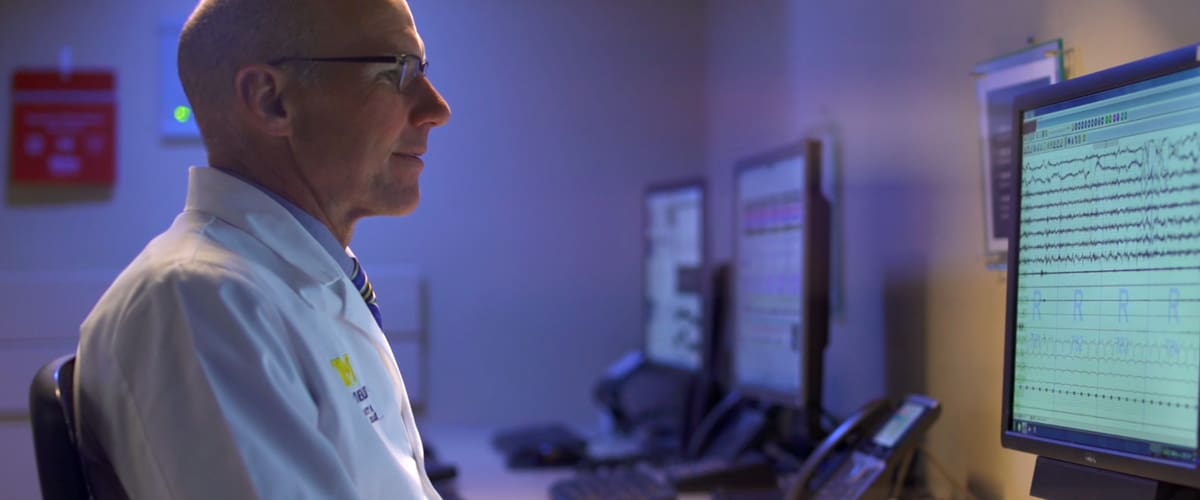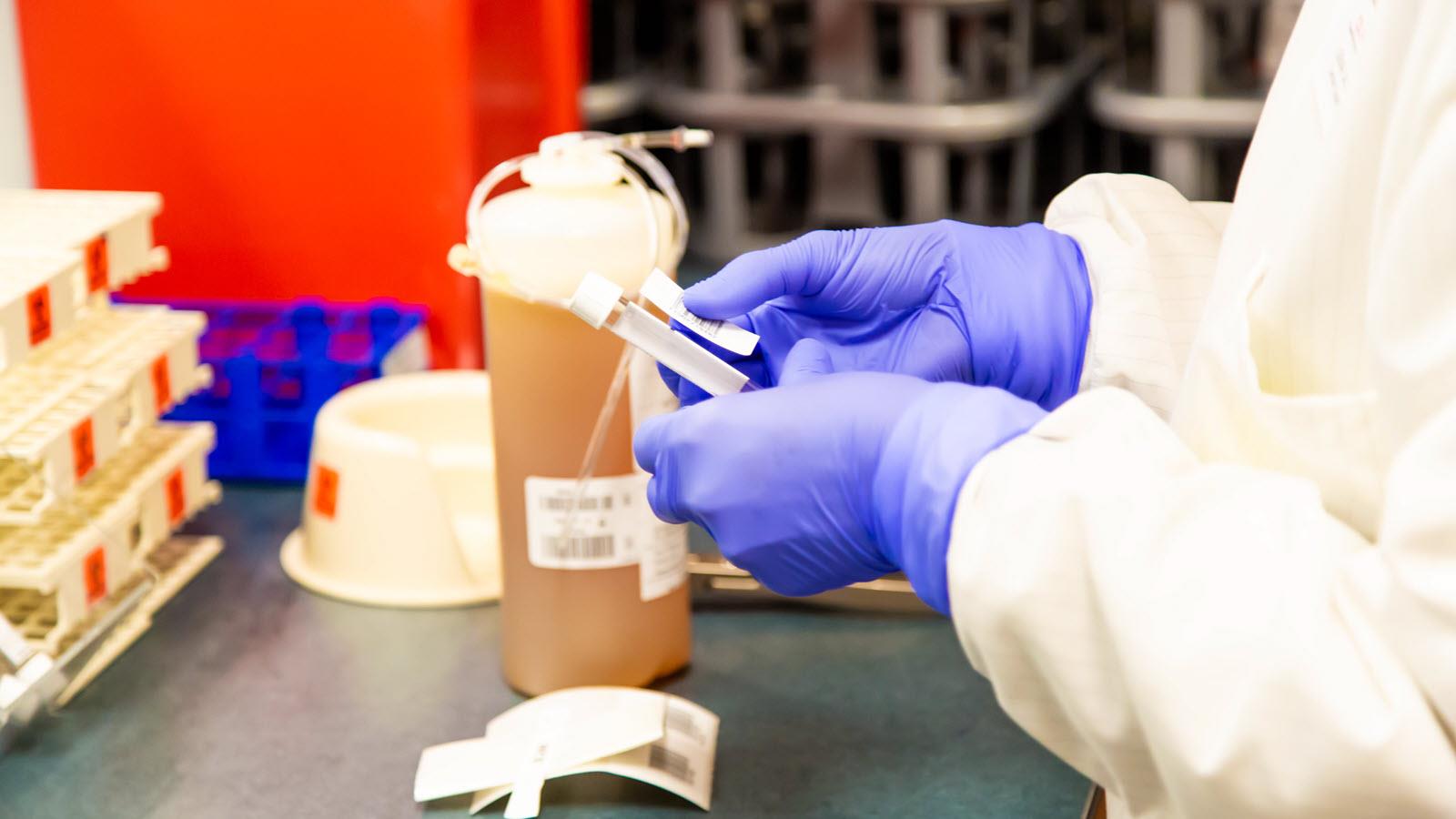An Overview of Sleep Medicine

Sleep medicine is a medical specialty that focuses on diagnosing and treating sleep disorders. There are many sleep disorders, including insomnia, sleep apnea, narcolepsy, pediatric sleep, and restless legs syndrome. About seven million people suffer from chronic sleep disorders in the United States. Insufficient sleep can affect every aspect of your life, including work performance, mental health, school performance, and relationship. Sleep medicine Rockville, MD specialists help you manage your sleep condition to prevent other issues like heart disease, depression, or obesity and improve your overall quality of life. Sleep specialists recommend adults get at least seven to nine hours of sleep per night.
How do sleep medicine specialists diagnose sleep disorders?
Physical examination and medical history
Your doctor may perform a physical examination and ask about your symptoms and medical history. Some health conditions can cause sleep problems, so your doctor may order certain tests to rule out other diseases. Your doctor may ask questions like how many hours you sleep at night, whether you take naps, how long you take to fall asleep and how sleepy you feel in the daytime.
Polysomnography
Polysomnography is a laboratory sleep study that evaluates your oxygen levels, body movements, and brain waves to determine how they disrupt sleep.
Electroencephalogram
Electroencephalogram assesses your brain’s electrical activity and detects any potential issue associated with this activity.
Multiple sleep latency test
Multiple sleep latency test is a daytime napping study. Doctors use it alongside PSG at night to help diagnose narcolepsy.
What are the treatments for sleep disorders?
Treatments for sleep disorders depend on the type and the underlying cause. These treatments include:
Medications
Your doctor can recommend sleeping pills like melatonin, zaleplon or doxepin if you have insomnia. You can manage restless leg syndrome with gabapentin or pregabalin. Stimulants like modafinil and pitolisant can help treat narcolepsy. The effects of stimulants often last for a short time, and you may still have some sleepiness. Depressants like sodium oxybate can treat daytime sleepiness and sudden loss of voluntary muscle control.
Oral devices
Your doctor can recommend you wear a custom-made oral device while you sleep to hold your jaw or tongue in a position that keeps your airway open. Oral appliances are beneficial if you have sleep apnea.
Lifestyle changes
Combining lifestyle changes with medications can help improve your quality of sleep. You can incorporate more vegetables and fish into your diet and reduce sugar intake. Exercise can help reduce stress and anxiety. If obesity is causing your sleep condition, reducing weight can help. Ensure you create and stick to a regular sleeping pattern. Avoiding caffeine before you go to bed may help improve your sleep.
Surgery
If oral devices and other treatments do not improve your sleep apnea, your doctor may recommend surgery. Surgery may involve making your upper airway bigger or placing implants to help control your tongue muscles while you sleep.
Sleep medicine is a medical specialty that focuses on diagnosing and treating sleep disorders. It treats and manages sleep disorders, preventing other complications and improving quality of life. Schedule an appointment at Sleep Services of Maryland LLC for sleep medicine services to improve the quality of your sleep.


